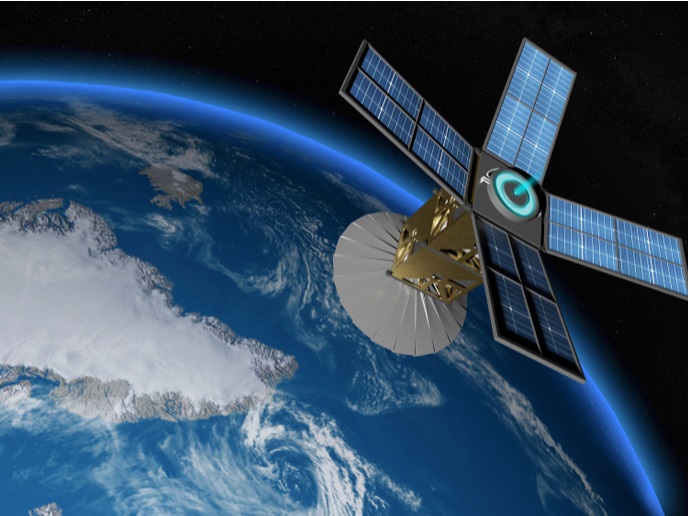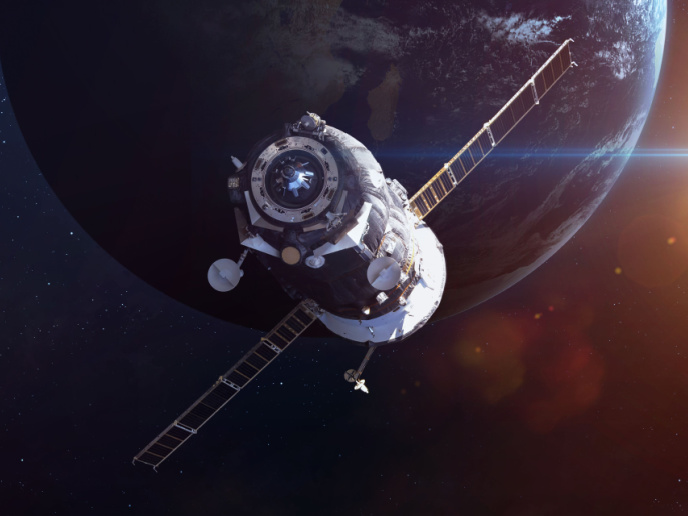Next generation space farming is on its way
It’s been 12 years since the ESA launched the EMCS, an experimental facility dedicated to studying plant biology in reduced gravity environments. In all those years, scientists could learn about how plants sense the direction of gravity even at very low levels, how gravity impacts the molecular processes regulating plant growth, or how light affects cell proliferation and plant development in the absence of gravity. But the EMCS isn’t perfect, as Dr Ann-Iren Kittang Jost, Research Manager at CIRIS, points out. “The ISS payloads that allow experiments and technology demonstrations under simulated Moon or Mars gravity using a centrifuge have limited volume for crop cultivation. Besides, water is either injected or flows through liquid systems in which nutrients are delivered using slow release in the medium. The main problem is that this only allows for very limited control of the nutrient available for the plants and makes it difficult to study nutrient dynamics during the growth period.” In 2015, Dr Kittang Jost began coordinating the TIME SCALE (Technology and Innovation for Development of Modular Equipment in Scalable Advanced Life Support Systems for Space Exploration) project to overcome that issue. The project consortium developed larger plant cultivation chambers with a recycling water and nutrient management (WNM) subsystem with a pure liquid substrate. Despite its potential, the WNM is one of the most challenging subsystems to operate under reduced gravity conditions. “This is an area where much knowledge and technology demonstrations are needed in order to develop reliable knowledge and experience that will benefit future closed regenerative life support systems (CRLSS) for human space exploration,” Dr Kittang Jost says. To stack all the odds in their favour, the project team developed concepts and a breadboard for the cultivation of crops and algae. They created a multi-ion sensor system that allows for monitoring nutrient ions and a camera system combined with a compact gas chromatographer for early stress detection in plants. These tools not only provide real time scientific data, they also allow for regulation systems to be implemented or for early correction measures in a cultivation system. “The crop cultivation system breadboard is the main outcome of the project, but we also: found an optimal recipe for plant growth; observed the effects of nutrient solution nitrate concentrations on lettuce transpiration; developed a health monitoring system combining cameras and gas analysers; and came up with novel technologies such as multi-ion sensor systems and compact GCs analysing liquids and gas for both earth and space applications,” Dr Kittang Jost notes. Three of these products have already or should soon be launched on the market: upgrades for a Compact Gas Chromatography (GC) system; a one-of-a-kind, automated multi-ion analyser with EC and pH; and the camera system for plant health monitoring that is currently being followed up for a licensing agreement. Although the project is now completed, TIME SCALE partners will continue to develop crop and algae cultivation systems for the ISS and future space exploration missions. “A spin-off company focusing on water and nutrient management systems as well as the plant health imaging system will be created,” Dr Kittang Jost concludes. “The new knowledge and innovative technologies produced under TIME SCALE open up new potential R&D projects aiming for sustainable food production on Earth and for space applications.”







